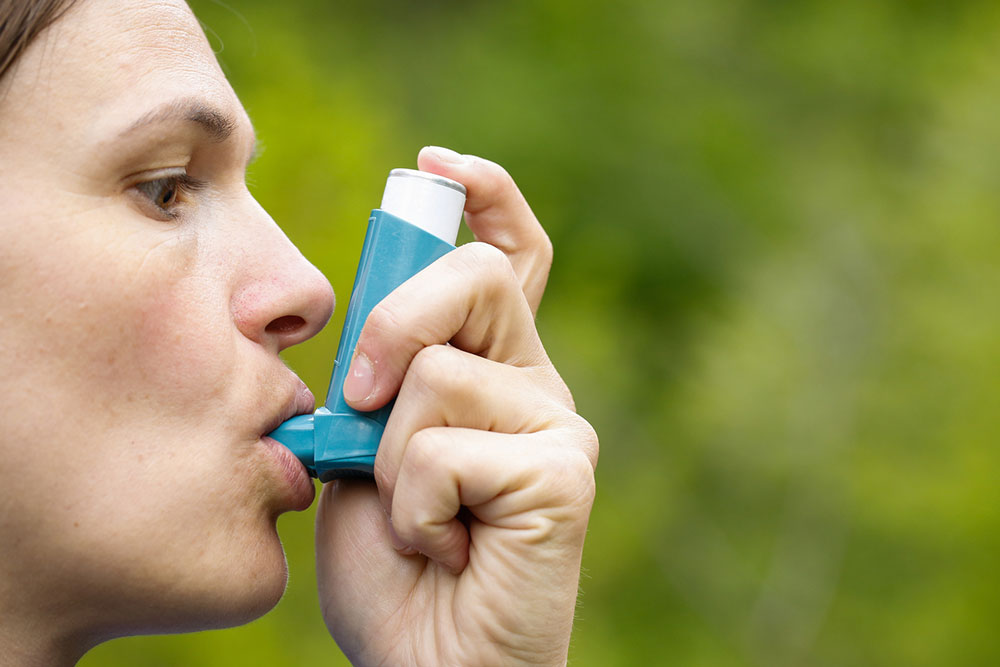Identifying and Managing Common Asthma Triggers
This article offers insights into common asthma triggers, including airborne irritants, allergens, and emotional factors. It emphasizes the importance of avoiding these triggers and using medications properly to control symptoms. Practical tips for maintaining a healthy environment and preparing for flare-ups are provided, enabling individuals with asthma to better manage their condition and improve their quality of life.
Sponsored

Asthma affects the airways, causing them to swell and produce excess mucus, which obstructs airflow. During an attack, symptoms like breathing difficulty, chest tightness, wheezing, coughing, and rapid heartbeat occur. Severe episodes are known as flare-ups and can be triggered by various environmental and emotional factors.
Breathing challenges
Chest tightness
Wheezing
Coughing spells
Fast heartbeat
Though there’s no cure for asthma, medications like inhalers and corticosteroids manage symptoms effectively. Staying vigilant about triggers is key, as some individuals react differently to various substances or environments.
Common triggers include airborne irritants, allergens, and emotional factors, which can provoke asthma symptoms or attacks. Recognizing and avoiding these triggers is crucial for effective management. Protective measures, regular cleaning, and medications help minimize attack risks. Always carry your inhaler and consult with healthcare providers to develop an individual action plan.






